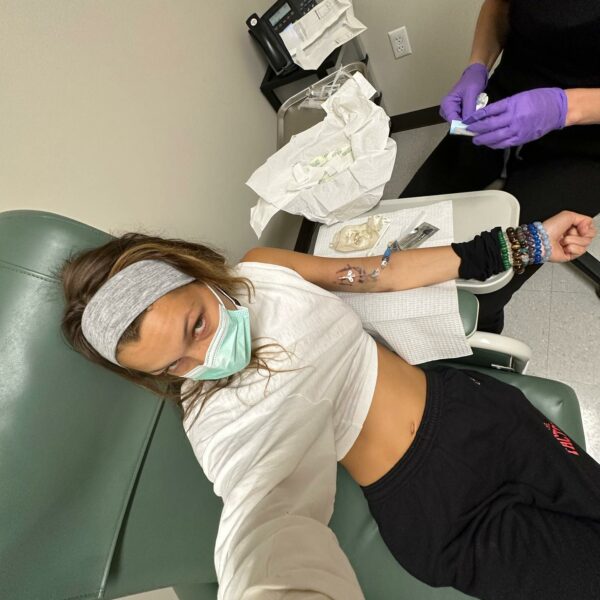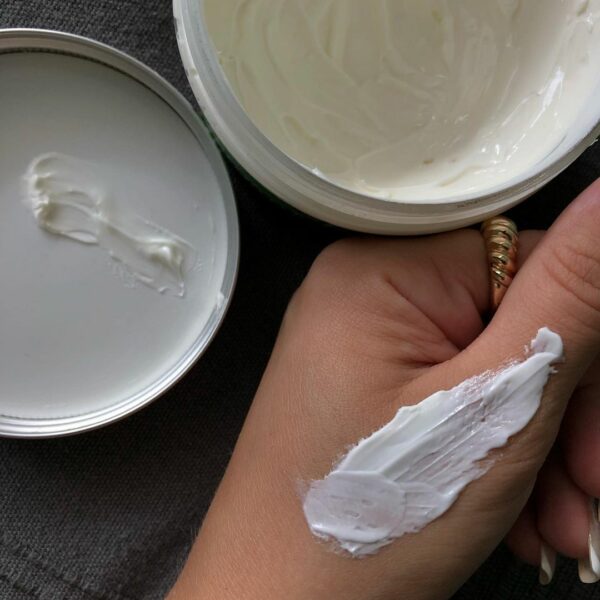It should be easy for everyone to achieve and maintain a healthy weight if you eat healthy and exercise, right? Unfortunately, the answer is no. Many factors can make us gain weight or have trouble losing it, with hormone imbalance being a common one. All hormones can influence weight, such as in the case of polycystic ovarian syndrome, which causes people to produce high levels of testosterone and gain weight. Most people aren’t aware that low testosterone can also cause weight gain.
For women, testosterone levels start to drop starting at age 40, or age 30 for men, but low testosterone can be an issue at any age. A 2020 study demonstrated that testosterone levels have steadily declined from a similar study done in 1999. Reasons for this would be the same for men and women and include endocrine-disrupting chemicals, plastic, toxins, obesity, opiates and other medications, diabetes, and the consumption of estrogens in our food supply.
Aside from weight gain, especially around the middle of the body, some of the symptoms of low testosterone are:
Insomnia
Low sex drive and ability to orgasm
Difficulty concentrating
Depression and anxiety
Low energy
Lowered bone density
Reduced muscle mass
Loss of strength
Hair loss
Hot flashes
“Man boobs”
Fertility
Menstrual irregularity
Vaginal dryness
How do you know and what can you do?
Since these symptoms may also occur with other health issues, testosterone deficiency, especially in women, is not often recognized. If you are having these symptoms, you can request a comprehensive hormone test from your practitioner. Hormone testing is most commonly done by traditional medicine practitioners using blood, but in my experience, urine testing over a 24-hour period gives you the most complete information. It reveals not only the levels of hormones over time, but also if your body is utilizing them correctly.
Both pharmaceutical and natural replacement are available for estrogen and progesterone, with fewer side effects usually resulting from natural replacement. Natural replacement is available in over-the-counter creams or from bioidentical creams ordered by practitioners made in compounding pharmacies. For women, testosterone is only available in bioidentical or natural form, most often as a cream or a small pellet inserted under the skin of the gluteus maximus. Neither is covered by insurance or available over the counter, and both must be prescribed.
Advantages to the pellets are that they last three to five months, but they can be expensive, often high dose, and difficult to remove once inserted if you have side effects. The creams can be inconvenient, messy, and more expensive than over-the-counter estrogens or progesterone, but I highly recommend them, especially to start, because you can adjust the dose or stop using them if you do not like the effects. They are considerably less expensive than pellets.
If you have not entered menopause and are still making some testosterone of your own, you have more options in the form of supplements that can enhance production.
DHEA is a hormone we make less of after the age of 30. Our bodies can transform it into testosterone. In the U.S., it is available over the counter, and I recommend starting at a low dose, such as 5 mg. Other at-home recommendations include:
Vitamin D
Zinc
Fenugreek
Ginger
Ashwagandha
Shilajit
If you are gaining weight or having a difficult time losing it, there is a reason. Rather than feeling bad about yourself or embarking on unhealthy extreme dieting and exercise, seek to determine the root cause. If you suspect a hormone imbalance, including low testosterone, seek out a practitioner who is familiar with bioidentical replacement and who will work with you to test thoroughly and help find the dose that is right for you.
Shop our daily supplements collection:
Katie Beecher, MS, LPC, is a medical and spiritual intuitive and Licensed Professional Counselor. Her “eerily accurate” intuitive readings include a four-page report and symbolic painting. Her book, Heal from Within: A Guidebook to Intuitive Wellness, is available for pre-sale and will be out in February 2022. The book features her work as a medical intuitive and how people can achieve healing and wellness. Her website is www.katiebeecher.com. She is also on Facebook and Instagram.
The content provided in this article is provided for information purposes only and is not a substitute for professional advice and consultation, including professional medical advice and consultation; it is provided with the understanding that Poosh, LLC (“Poosh”) is not engaged in the provision or rendering of medical advice or services. The opinions and content included in the article are the views of the author only, and Poosh does not endorse or recommend any such content or information, or any product or service mentioned in the article. You understand and agree that Poosh shall not be liable for any claim, loss, or damage arising out of the use of, or reliance upon any content or information in the article.
Up next, be the first to know our weekly content and sign up for our Poosh newsletter.






































